Exam practice
GCSE Physics: exam-style quiz by topic
Try this quiz based on GCSE Physics past papers. Choose the topic you would like to revise and answer the questions.
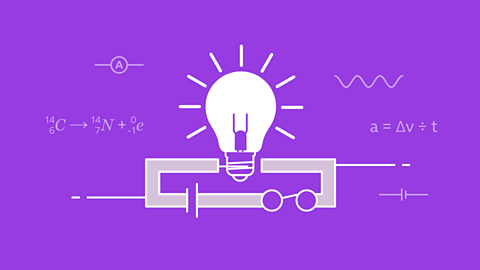
GCSE Physics: exam-style questions
Use our interactive tests to understand how the OCR 21st Century foundation and higher physics GCSE exams work. Revise topics such as forces and learn equations and formulae.

GCSE Physics: quick-fire questions
Free quiz to help you revise for your OCR 21st Century foundation and higher GCSE exams, based on GCSE physics past papers. Revise formulae, equations and more.

GCSE Physics: using past papers effectively
Boost your confidence for the physics exam with step-by-step worked examples, tailored tips, and practice questions.

Video playlists
- Video Number5 Videos

- Video Number5 Videos

- Video Number3 Videos

- Video Number3 Videos
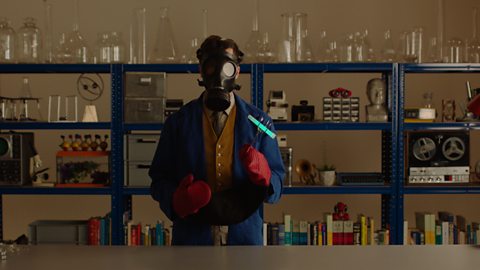
- Video Number3 Videos
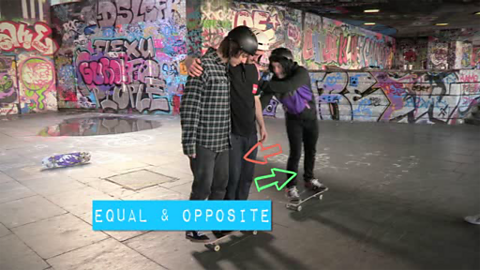
- Video Number4 Videos

- Video Number2 Videos
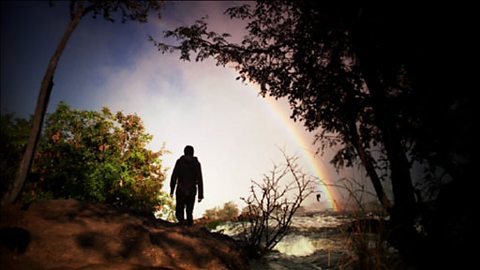
- Video Number4 Videos
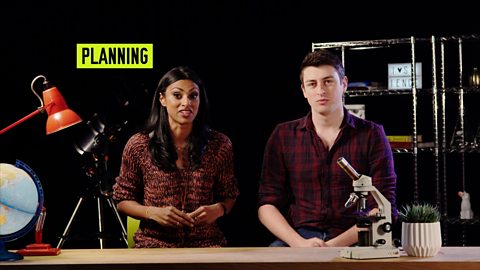
- Video Number9 Videos

- Video Number8 Videos

Quizzes
Quiz: Change in energy stores
This interactive quiz is aimed at GCSE physics students studying types of energy store, energy transfers, energy dissipation, the conservation of energy and energy calculations.
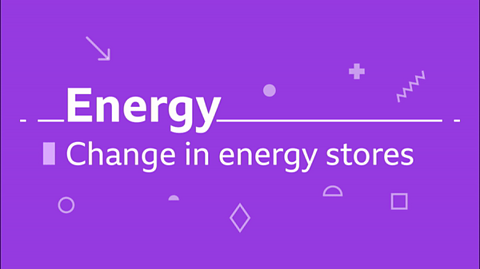
Quiz: Scalar and vector quantities
This interactive quiz is suitable for GCSE physics students studying scalar quantities, vector quantities and calculations involving forces.

Quiz: Moments, levers and gears
This interactive quiz is suitable for GCSE physics students studying moments, moments and balanced objects, levers and gears.

Quiz: Momentum - Higher
This interactive quiz is suitable for GCSE physics students studying momentum calculations, conservation of momentum and force and momentum.

Quiz: The Solar System
This interactive quiz is suitable for GCSE physics students studying the structure of the Solar System, the Sun, orbital motion and orbits and speed - Higher.
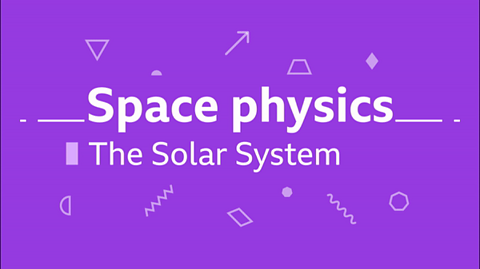
Quiz: Temperature changes and energy
This interactive quiz is suitable for GCSE physics students studying states of matter, internal energy, energy and temperature, specific heat capacity and specific latent heat.
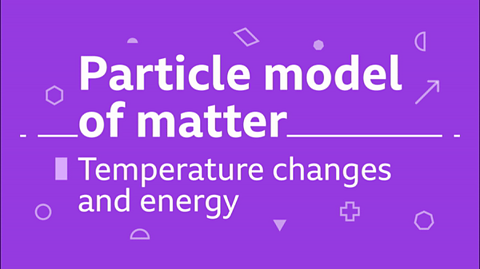
Quiz: Particles in gases
This interactive quiz is suitable for GCSE physics students studying particle motion, gas pressure and temperature, gas pressure and volume and changing gas pressure - Higher.
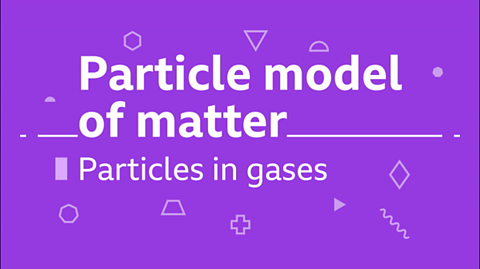
Quiz: Scientific skills
This interactive quiz is suitable for GCSE physics students studying planning, observing, analysing, evaluating an experiment and scientific equipment.
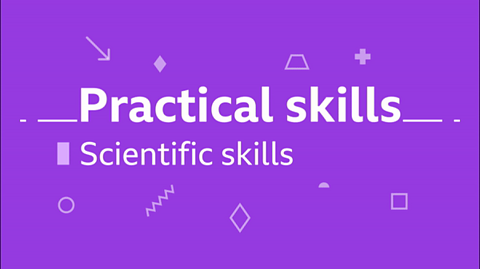
Podcasts
Forces
Learn all about forces for your GCSE physics exams, with scientists James Stewart and Ellie Hurer.
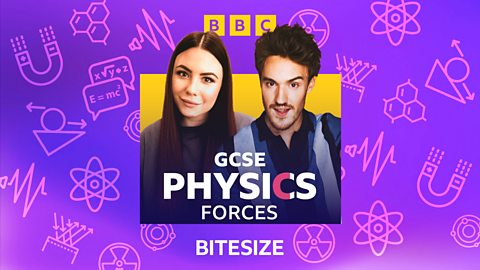
Electricity
Scientists James Stewart and Ellie Hurer guide you through the key facts about electricity for GCSE physics.
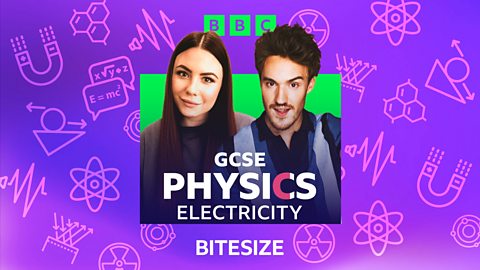
Energy
Learn all about energy for your GCSE physics exam, with Ellie Hurer and James Stewart.
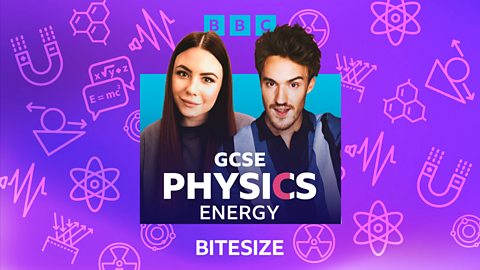
Science exam techniques
Learn all about science exam techniques for your GCSE science exams with Dr Alex Lathbridge.
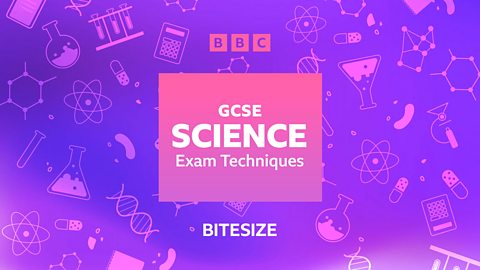
Radiation and waves
Electromagnetic waves - OCR 21st Century
Electromagnetic waves are transverse waves with a wide range of benefits and uses. Some of the waves also pose a risk and are hazardous to human tissues.
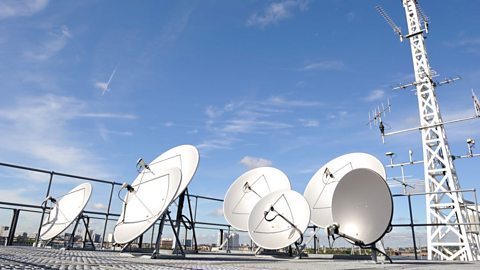
Climate change - OCR 21st Century
All objects are continually absorbing and emitting infrared radiation, which is essential for life on Earth.
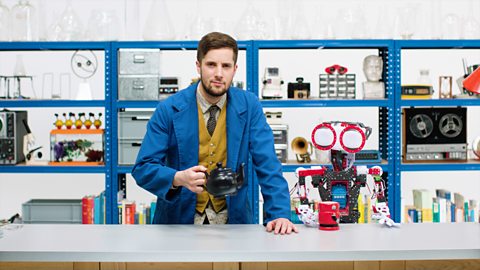
Wave behaviour - OCR 21st Century
Waves are one way in which energy may be transferred between stores. Both mechanical and electromagnetic waves will transfer energy but not matter.

Light and sound waves - OCR 21st Century
Lenses are precisely shaped pieces of glass that have been developed and used in corrective glasses, telescopes, microscopes, binoculars, and magnifying glasses.
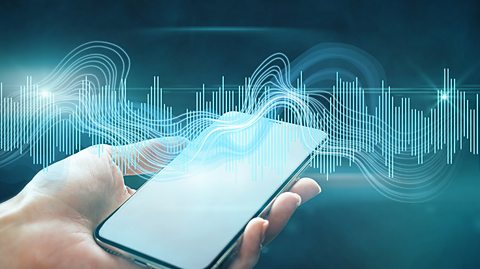
Sample exam questions - radiation and waves - OCR 21st Century
Understanding how to approach exam questions helps boost exam performance. Questions will include multiple choice, descriptions and explanations, using mathematical skills and extended writing.
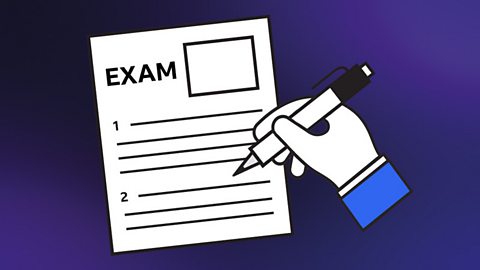
Sustainable energy
Energy - OCR 21st Century
Power is the rate at which energy is transferred. The amount of energy usefully transferred in a system determines how efficient that system is.
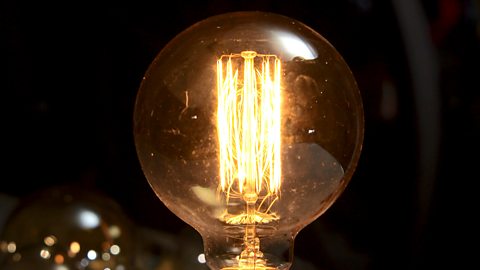
Electricity generation - OCR 21st Century
Every person, animal and device transfers energy. Much of the energy that is supplied by electricity must be generated from other energy stores - some are renewable but most are non-renewable.

Sample exam questions - sustainable energy - OCR 21st Century
Understanding how to approach exam questions helps boost exam performance. Questions will include multiple choice, descriptions and explanations, using mathematical skills and extended writing.

Electric circuits
Electric charge - OCR 21st Century
The motion of charged particles causes electrical effects, small shocks, lightning and sparks. Electrical fields cause forces to act on charged particles.

How to affect electric current - OCR 21st Century
Electrical current depends on resistance and potential difference. Different electrical components have different characteristics. These can be investigated using suitable circuits and apparatus.

Series and parallel circuits - OCR 21st Century
Electrical current transfers energy around circuits. There are two different types of circuits – series and parallel.

Electrical power and energy - OCR 21st Century
Electrical current transfers energy around circuits. The power is the rate at which a circuit transfers energy.

What are magnetic fields? - OCR 21st Century
Magnetism is caused by the fields that exist around magnets. These magnetic fields can be investigated by looking at the effects of the forces they exert on other magnets and magnetic materials.
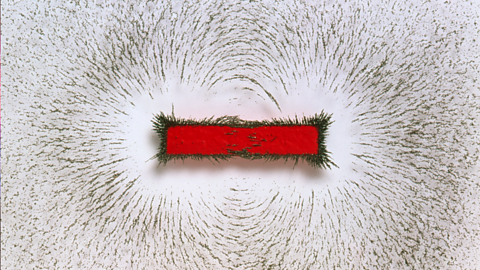
Electric motors - Higher - OCR 21st Century
Electromagnetism is caused by the magnetic fields around wires carrying an electric current. The induced magnetic field of a wire can interact with other nearby magnets, producing a force.

What is the process inside an electric generator? - Higher
Electromagnetic induction can create a potential difference. This potential difference causes a current, and the effect is used in electricity generation.

Sample exam questions - electric circuits - OCR 21st Century
Understanding how to approach exam questions helps boost exam performance. Questions will include multiple choice, descriptions and explanations, using mathematical skills and extended writing.

Explaining motion
Forces - OCR 21st Century
Forces arise from the interactions of two objects. They can be divided into two categories - contact forces and non-contact forces.
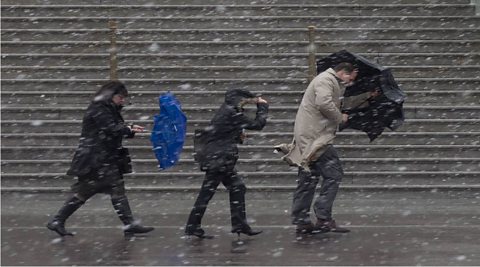
How can we describe motion? - OCR 21st Century
The movement of objects can be described using motion graphs and numerical values. These are both used to help in the design of faster and more efficient vehicles.
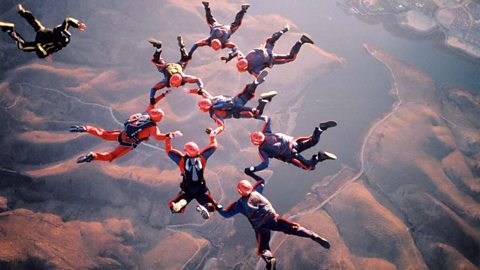
Force and motion - OCR 21st Century
Unbalanced forces on an object will change its motion. Ideas about force and momentum can be used to explain road safety measures.

Motion and energy transfer
Energy stored in a moving object is called kinetic energy. As an object is raised above ground its gravitational potential energy increases. When a force moves an object work is done.

Sample exam questions - motion - OCR 21st Century
Understanding how to approach exam questions helps boost exam performance. Questions will include multiple choice, descriptions and explanations, using mathematical skills and extended writing.

Radioactive materials
Radioactivity - OCR 21st Century
The idea of the atom has developed over time. Each element has a number of different isotopes. When nuclei are unstable they may emit ionising radiation to become more stable.
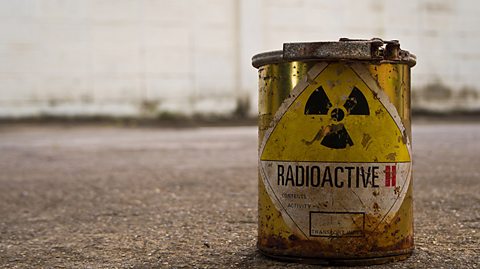
Using radioactive materials safely - OCR 21st Century
People are exposed to sources of radiation in all aspects of everyday life. Radioactive sources can be very useful but need handling carefully to ensure safety.
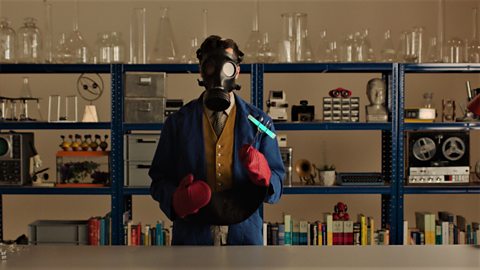
Using radioactive materials - OCR 21st Century
The nuclei of atoms contain a large amount of energy. Releasing this energy would free the world from having to use fossil fuels. There are two methods of doing this: fission and fusion.
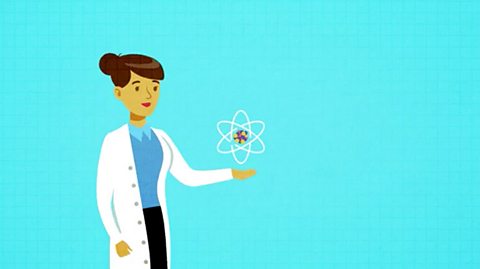
Sample exam questions - radioactive materials - OCR 21st Century
Understanding how to approach exam questions helps boost exam performance. Questions will include multiple choice, descriptions and explanations, using mathematical skills and extended writing.

Matter - models and explanations
How does energy transform matter? - OCR 21st Century
When energy is added to matter, its temperature will rise. The temperature rise will depend on the mass, which in turn depends on its density.

The particle model and heating - OCR 21st Century
The particle model describes the arrangement of particles in solids, liquids and gases. It can be used to predict changes when matter is heated.

Interactive activity: States of matter - OCR 21st Century
Visualise what happens when states of matter change with this interactive activity designed for the OCR 21st Century GCSE physics specification.
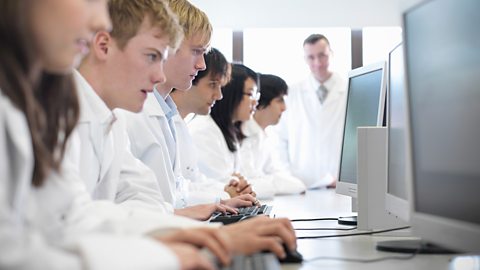
Materials under stress
Forces are responsible for changing the motion of objects. If more than one force is present, the shape of an object can also be changed.
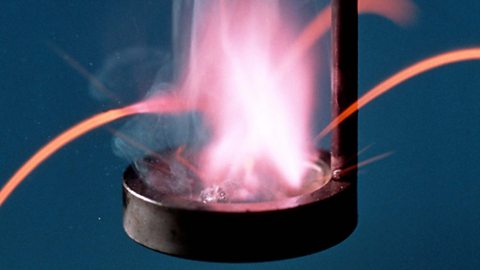
Pressure in liquids and gases - OCR 21st Century
Every living thing on Earth is in balance with the pressure of the air or water around it. Pressure helps blood to move around the body and allows organisms to breathe.

Understanding the Big Bang Theory - OCR 21st Century
The Sun is our nearest star. It is a relatively small star when compared to other stars in the Universe. The Big Bang theory suggests how our Universe was created. The evidence for this is red-shift.

Sample exam questions - matter - OCR 21st Century
Understanding how to approach exam questions helps boost exam performance. Questions will include multiple choice, descriptions and explanations, using mathematical skills and extended writing.

Ideas about science
Investigating scientific phenomenon - OCR 21st Century
In general, scientists work out explanations based on repeatedly collecting and analysing data. The way in which scientists develop explanations is known as the scientific method.
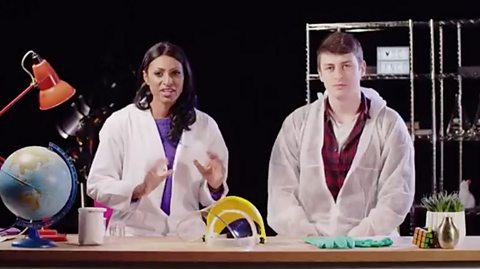
Drawing scientific conclusions - OCR 21st Century
It is important to process and present data in a way that makes it easy to analyse. It is also important to evaluate the quality of data before drawing a conclusion.
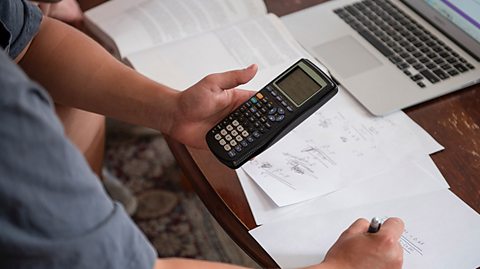
Scientific data - OCR 21st Century
Data shows a correlation if the change in a factor is similar to the change in an outcome. Scientists must find a scientific explanation to conclude that a particular factor causes an outcome.
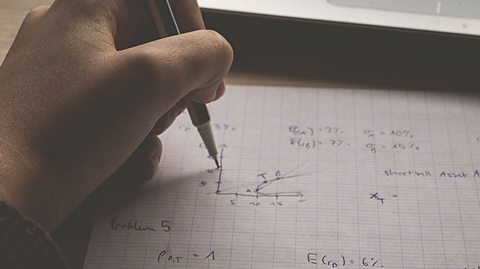
Scientific impact on society - OCR 21st Century
Considering the personal, social, economic, environmental and ethical issues is important when considering the impact of scientific advances to decide whether the benefits outweigh the risk.
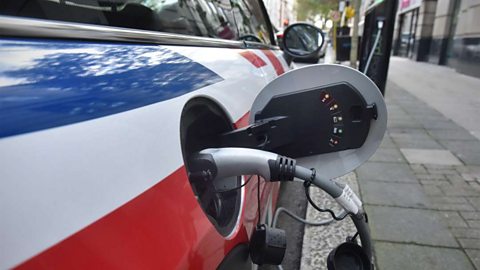
Practical skills
Scientific skills - OCR 21st Century
Scientific investigations have several stages - planning, collecting data, analysing data and evaluation. It is important to understand how to carry out each stage of the investigation.
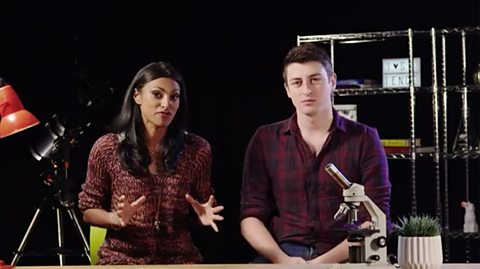
Revision resources
How to revise for your physics exams
Get ready for the GCSE physics exams with these interactive resources from BBC Bitesize.
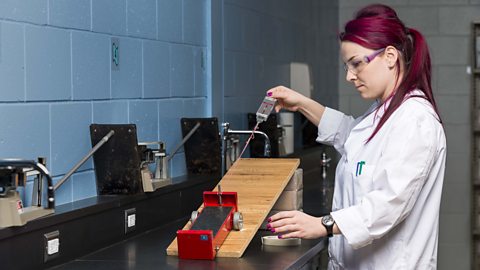
Links
- External linkExternal link
- External linkExternal link
- External linkExternal link
- SubscriptionSubscription
- External linkExternal link
- SubscriptionSubscription
- External linkExternal link